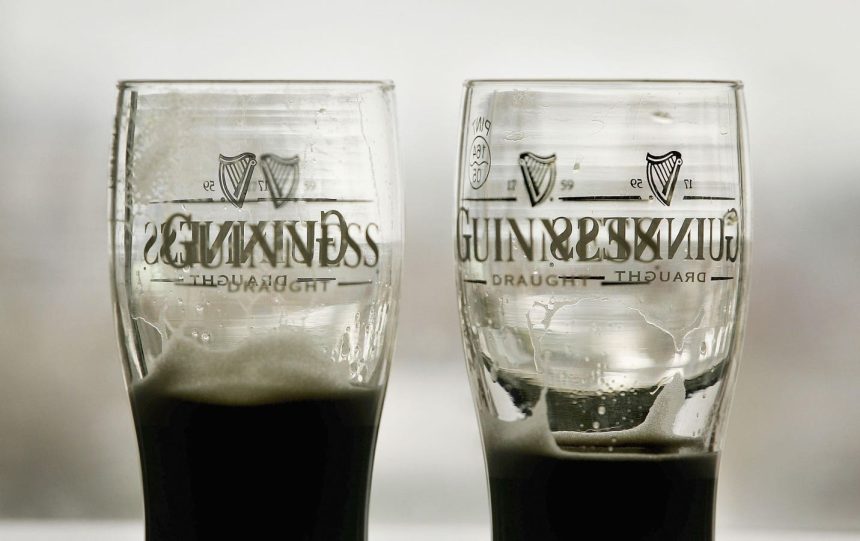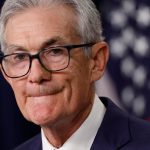Diageo’s share price plunged after the drinks giant announced its first sales reversal since the depths of the Covid-19 pandemic.
At £23.08 per share, the Guinness and Captain Morgan manufacturer was last dealing 9.4% lower in Tuesday’s session.
Net sales reversed to $20.3 billion during the 12 months to June, Diageo said, a 1.4% year on year reversal. This was “due to an unfavourable foreign exchange impact and organic net sales decline, partially offset by hyperinflation adjustments,” it commented.
As a consequence, pre-tax profit dropped 3.2% to $5.5 billion.
Organic net sales dropped 0.6% year on year, as a 3.5% volume decline offset a positive price/mix of 2.9%.
Revenues were hammered by a disappointing performance in Diageo’s Latin America and Caribbean (LAC) territory. Organic net sales here sank 21%.
Strength Elsewhere
Excluding LAC, Diageo’s corresponding sales increased 1.8% year on year.
In North America — the firm’s single-largest territory — organic net sales declined 3% because of weak spirits demand.
However, same-basis sales in Europe and Asia Pacific increased 3% and 4% respectively during financial 2024. And in Africa organic net sales ballooned 12%, with price increases driving growth across all countries bar South Africa.
Free cash flow improved by $400 million year on year, to $2.6 billion. This encouraged the business to raise the annual dividend 5% from financial 2023, to 103.48 US cents per share.
Glass Half Full
To compound investor unease, Diageo said that the trading landscape has remained difficult at the start of the new financial year.
It said that “the consumer environment continues to be challenging with conditions we saw towards the end of fiscal 24 persisting into fiscal 25.”
It added that “we will continue to focus on strengthening the resilience of our business and winning quality market share to drive long-term sustainable organic net sales growth.”
The business kept its medium-term growth target of 5% to 7% in tact.
Diageo also said that “we expect the negative pressure on organic operating margin that we saw in the second half of fiscal 24 to persist into fiscal 25.”
Margins dropped 130 basis points last year, to 30%.
“Challenging Year”
Chief executive Debra Crew commented that “while fiscal 24 was a challenging year for both our industry and Diageo with continued macroeconomic and geopolitical volatility, we focused on taking the actions needed to ensure Diageo is well-positioned for growth as the consumer environment improves.”
She noted that last year’s trading was “impacted by materially weaker performance in LAC,” although “resilient growth in our Africa, Asia Pacific and Europe regions… offset the decline in North America, which was attributable to a cautious consumer environment and the impact of lapping inventory replenishment in the prior year.”
A Tough Period
Analyst Adam Vettese of eToro commented that “their first yearly sales decline since 2020… is in fact worse than analysts initially feared. A fancy bottle of whiskey for locked down consumers with a little extra cash in their pocket was the perfect treat at the time but now it seems that increased competition and price consciousness have hit Diageo’s bottom line.”
He noted that “consumers [are] facing more pressure on their own finances and as such luxury drinks are one of the first casualties of the household budget. This is particularly so in regions such as Latin America, where income is generally lower and there are cheaper, local alternatives on offer.”
Vettese added that “Diageo will now be hoping that an improvement in the cost of living that will come with global interest rates making a shift downward can reinvigorate sales.”
Royston Wild owns shares in Diageo.
Read the full article here
















